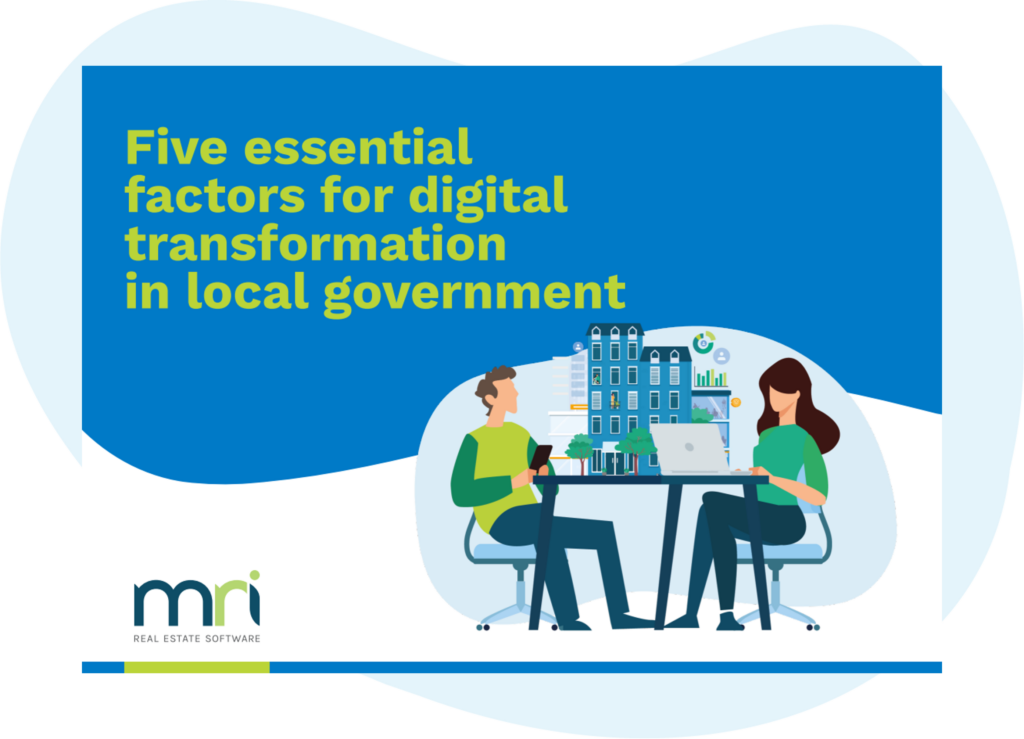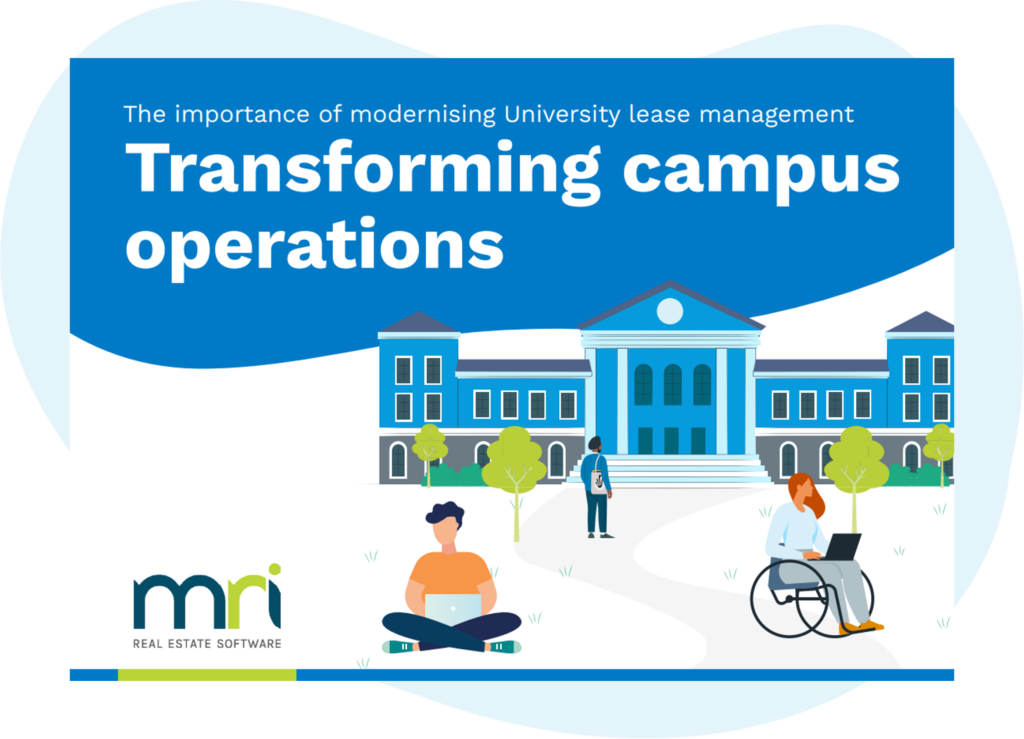Optimising local government lease management through digital best-practice
Local governments are at a crossroads, seeking ways to enhance efficiency, productivity and public service outcomes. It’s clear they need to move toward a more data-focused and digitally-savvy future, but several challenges remain.
Free Ebook
Learn the five essential factors for digital transformation in local government.
Download now
Councils are both landlords and occupiers, and having to consistently manage an overwhelming number of leases and licences is one of the most pressing issues they face. For many, the answer lies in moving past the limitations of legacy systems and exploring innovative local government lease management software solutions.
In this post, we take a look at some of the key elements driving digital transformation across local councils and touch on the ways that solutions for local government lease management can help. Our goal is to set the stage for a deeper dive into the subject explored in our recent eBook, Five essential factors for digital transformation in local government, which you can download here.
1. Overcoming operational challenges
Local governments face the dual challenge of managing budgets and assets while meeting rising customer expectations. In many cases, legacy processes and daily operational issues prevent them from finding better and more innovative ways of working.
One of the answers lies in flexible asset and lease management software solutions tailored to each council’s unique needs. Such solutions allow local governments to make the most of their limited resources and unlock the potential of their asset base. They can also provide insights into asset performance, enabling councils to make more informed decisions about their investments.
2. Breaking down departmental silos
Historically, local government structures have been department-centric, leading to fragmented operations and repetitive, manual workflows. Digitising customer-facing activities is a start, but realising true productivity gains requires backend improvements.
Digital technologies can help to streamline operations and create a unified view across departments, making cross-council cooperation and process management easier to achieve. This will ultimately enable local governments to make more informed decisions, improve asset management, and reduce costs.
3. Enhancing systems functionality
Asset management for local governments has traditionally involved having to grapple with a wide range of diverse lease types and complex contracts. Manual abstraction and labour-intensive processing has added to the overwhelm, making these functions even more difficult to deal with.
To optimise asset management, councils need more advanced technology solutions. One answer lies in harnessing the power of local government lease management software with the capability to automate payments, extract and centralise lease information, and provide valuable insights through reporting.
4. Ensuring compliance and mitigating risk
In the current environment, where data breaches and privacy invasions are on the rise, ensuring the security of sensitive information and safeguarding customers and constituents’ privacy has become absolutely critical.
A robust audit trail is also essential for tracking financial transactions, supporting informed decision-making, and demonstrating transparency, especially in the context of public governance. Unfortunately, manual processing and reliance on tools like Excel can compound the situation. Local governments must implement additional measures to mitigate these risks. Opting for fit-for-purpose solutions that include features like built-in data privacy and SOC reporting features is one way to do this.
5. Achieving more with lean resources
Local governments increasingly find themselves doing more with limited budgets and staff. A solid data strategy and the right tech tools can be game-changers, allowing them to deliver services efficiently and manage assets effectively.
Investing in solutions that automate routine tasks and streamline processes can free up staff for higher-level work and enhance overall efficiency. Software for financial management, asset tracking and data analytics, for example, all reduce the need for manual labour and double handling.
How to overcome the challenges to digitisation in local government
These are just some of the challenges that face local governments on their journey to digital transformation. To get a deeper understanding, and to learn how local government lease management software like MRI Horizon for Councils can drive your council’s progress, download our eBook Five essential factors for digital transformation in local government.
Transforming campus operations: The importance of modernising University lease management
Across various sectors, including the educational industry, the persistent use of outdated systems and software emerges as a significant bottleneck, impairing operational efficiency, security, and innovation. From legacy systems that hinder academic …

